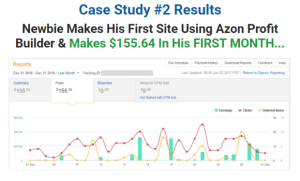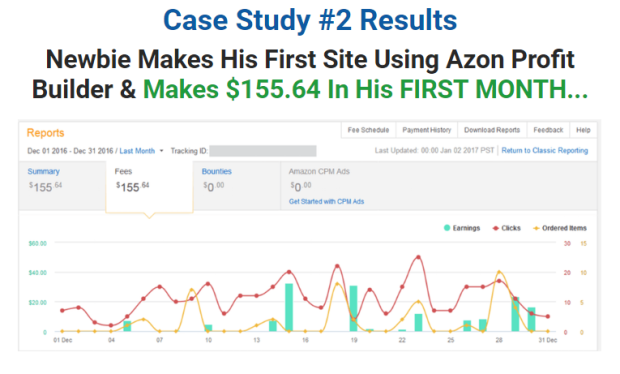Tag: Career
Underpaid? It’s Time To Leave; Why Job Hopping Isn’t So Bad
Ever since millennials began entering the workforce, media outlets have perpetuated the story of employers not knowing what to do with job-hopping millennials. Apparently, we’ve gotten a bad rap for not sticking around our jobs long enough. There’s only one problem with this story: according to a recently published article on FiveThirtyEight, the job hopping story is misleading. First, younger workers have always changed jobs more often than older workers. In fact, the turnover of millennial workers today is the same as it was for 20-somethings in the 80s. Second, today’s 20-somethings change jobs less frequently than 20-somethings in the 90s, according to statistics from the Department of Labor, The reality is: In your twenties, job hopping isn’t bad; it’s normal. In fact,
Your Employer Wants To Check Your Credit; Now What?
There is more than one reason to be conscientious about your credit history. Prospective employers can — and often will — check your credit report during a job application. When an employer runs a background check, it’s both an effort to cover the company’s backside and stalk you a little bit before they hire you. It’s no different than when you Google a prospective date to ensure he/she is not an escaped murderer. Even though it’s understandable a company would verify job applicants’ criminal histories, does an employer have any business running credit checks on potential employees? And could a charged off account or a few years of lackadaisical bill payments after college prevent you from landing your dream job? Here’s
How To Prepare For A Job Search While Still In College
Finding a new job always takes longer than you might think. Whether you’re a college student with a looming graduation or sense pending layoffs at your current employer, the sooner you an begin to prepare for a job search, the better. Here are five ways to prepare for a job search, even if you don’t think you have to yet. Clean up social media pages It’s 2015. There’s no excuse for NSFW pictures on Facebook. The reason is simple: Most prospective employers are checking your social media accounts. They’re looking deeper into an applicant’s past than ever before, in an attempt to find the perfect candidate. Your social media activity can give an employer a glimpse into your beliefs, attitudes, and opinions. And
Goals in One Word
That’s right, pick one word for your goals! Goals are something I do every day all year long. I know a lot about goals because I achieved all the important ones in my life. I know that sounds a little arrogant, but it is true. I was not my high school valedictorian nor did I graduate college phi beta kappa either. I was just the most determined person in the room and it worked! Impossible is just an opinion (Paulo Coelho). This is my mantra for dealing with difficult situations. I have achieved the impossible many times and continue to work on a number of impossible projects. When I was thirty-one (31) years old, I wanted to achieve financial freedom before I reached forty years
Best tips for managing money as an expat
This article is by staff writer Ryan Takach. Have you ever considered taking an overseas assignment? Getting to see the world — while earning a steady paycheck and gaining valuable work experience — is a dream for many adventurous workers. Accepting an expatriate assignment was also one of the best career decisions I ever made — but it required some serious financial preparation and thought. If you are pursuing an expat assignment, hopefully you can use my experiences as a helpful guide to keep your cash flow on track. Expat experiences — the short- and long-term varieties There are two basic types of expat packages (both have financial assistance for relocation, housing, taxes, and other incidental expenses): Short-term assignments, between six months and two years,
When to use intermittent FMLA
This article is by staff writer Honey Smith. Disclosure: I am not an attorney or HR specialist. This is just my experience with, and understanding of, FMLA. According to the United States Department of Labor (DOL) website, “The Family and Medical Leave Act (“FMLA”) provides certain employees with up to 12 workweeks of unpaid, job-protected leave a year, and requires group health benefits to be maintained during the leave as if employees continued to work instead of taking leave.” The whole point of FMLA is to promote work-life balance by taking a reasonable amount of leave to deal with personal or family issues. Because many situations requiring use of FMLA are health-related, the law also requires that your health insurance be






















